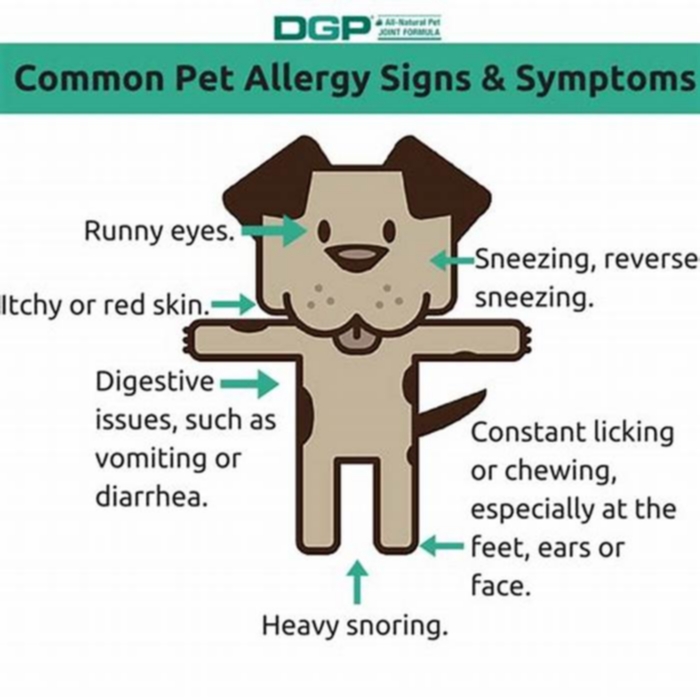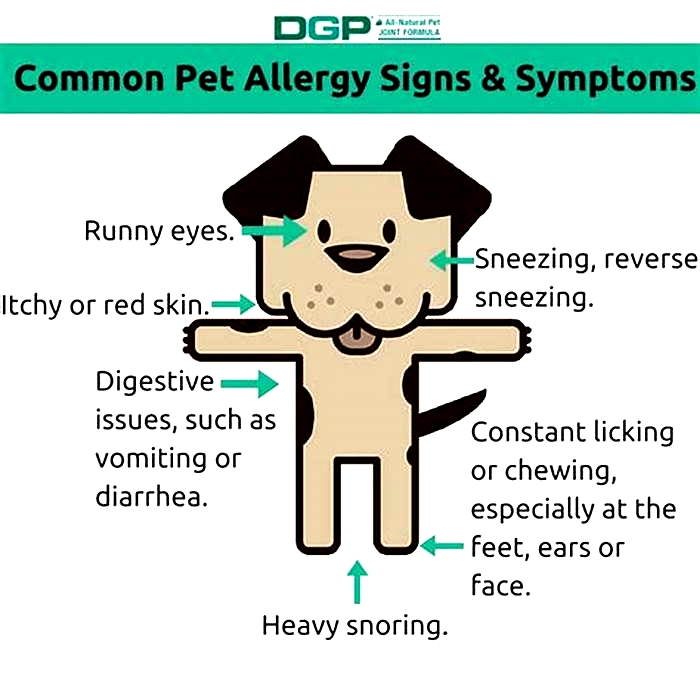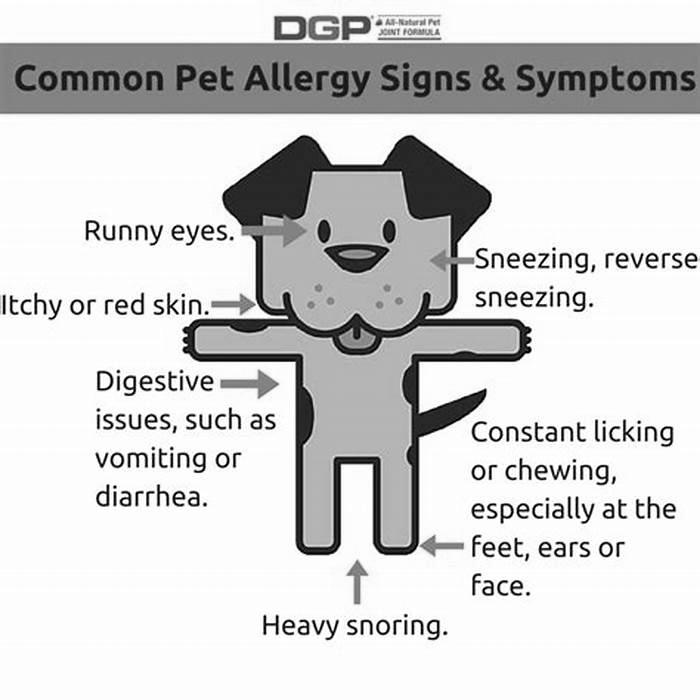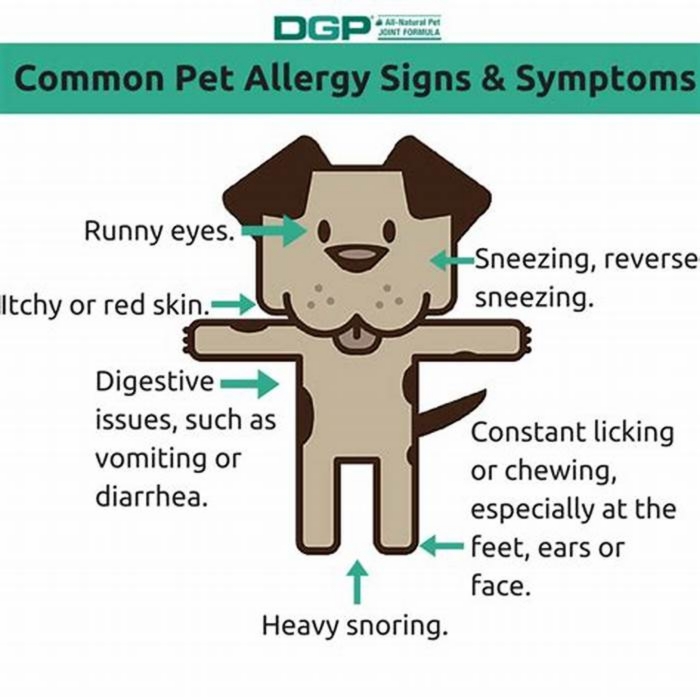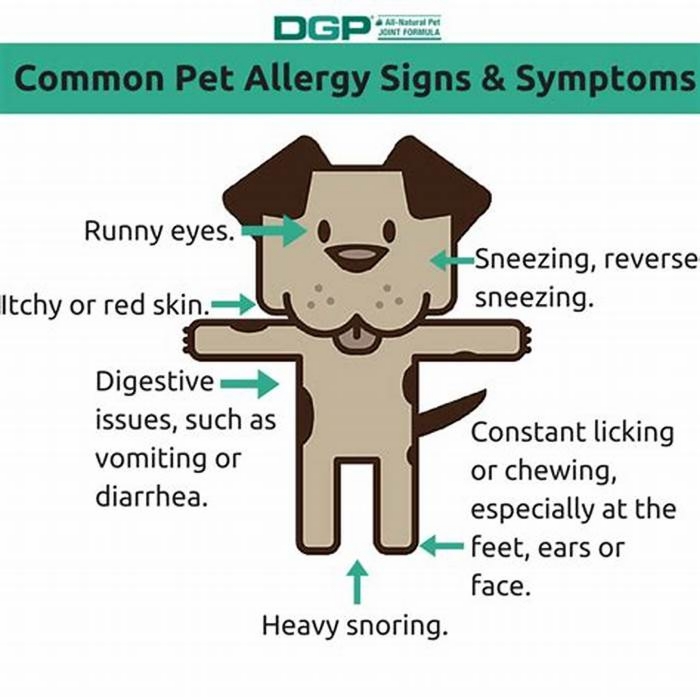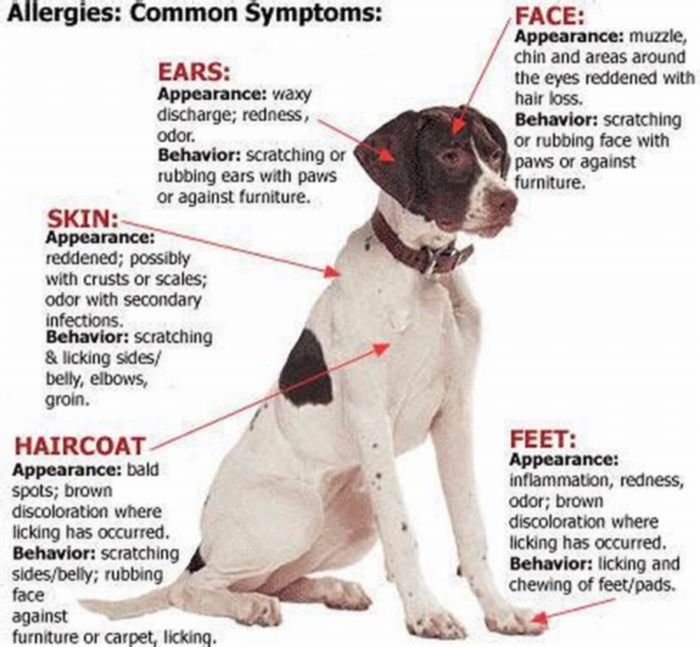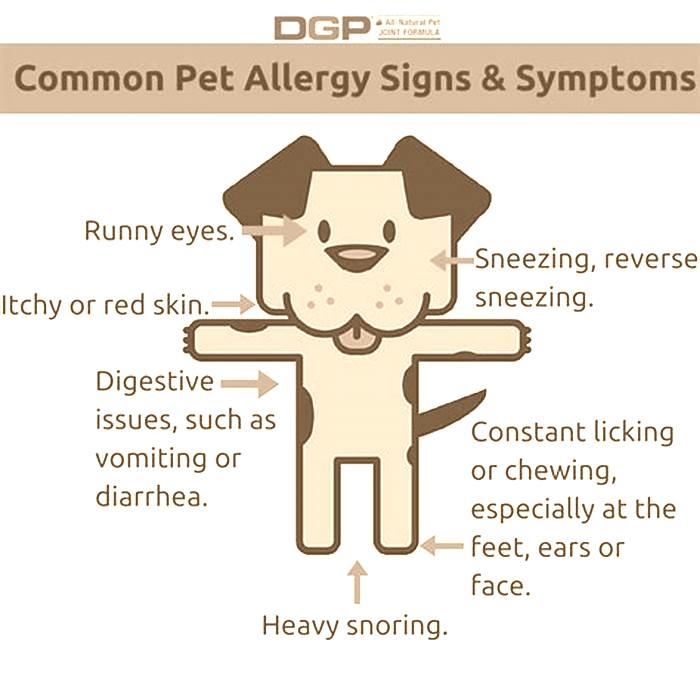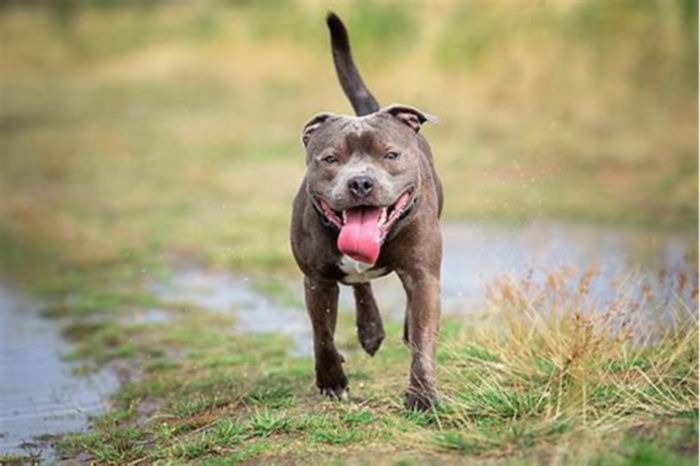Can you live with a dog if you are allergic

9 Tricks for Living with Dogs When You are Allergic to Them
It is possible to enjoy a wonderful life with dogs if you suffer from allergies to them, or if you have family members who are allergic to dogs. Not that its necessarily entirely comfortable, mind you, but it is doable. I should know.
Minus a few years in college, Ive lived with dogs since I was born despite being allergic to them. I adore dogs beyond measure and refuse to live without them. Im lucky that allergy treatments as a child and careful use of medicines now make that possible.
Still, Ive been tested and am indeed allergic to dogs and cats, and Im not the only one.Cathy Lester, an artist specializing in soulful works of animals, including pet portraits, suffers from both asthma and allergies. Since she also has many dog grooming clients, I asked her how she manages to live with dogs and breathe at the same time. Here is a list of tips we use to manage living with dogs, from one allergy sufferer to another.
1. Consult with an Allergist
When the allergists first recommendation was that the dogs had to go, Lester replied, That's not gonna happen. What else? Lester sticks to a strict schedule for medications and uses the tips below to minimize her exposure to allergens.
Ive learned that nothing works for me like certain antihistamines. Some dont work for me while others do the trick quite nicely. I use a daily over-the-counter antihistamine nasal spray which I layer with another OTC antihistamine on especially troublesome days (usually a couple of times a week). Prescription medications and allergy vaccines may also be in order.
2. Create a Regular Dog Grooming Schedule
Bathing
Nothing tamps down the allergens that live in pet fur and skin better than a good cleansing. It strips them off the surface and washes them down the drain.
Just in case youre thinking that bathing will make you break out in allergic spasms, my experience is that once I wet the fur, the allergens tend to settle right down. But theres no way of knowing without trying. Bathing at least weekly is recommended. If your pet has sensitive skin, be sure to ask your veterinarian to recommend a specific shampoo for this purpose.
Brushing
Unlike the bath, this approach is not recommended for the allergic to undertake. Wearing a mask might just make the process bearable but I recommend that someone else brush the animals out of doors while the allergic person remains at a safe distance. After brushing, smoothing down the skin with a moistened towel to keep any stray bits of dander from flying about is strongly recommended.Brushes that specifically remove the undercoat(which can trap the allergens) will help lift and remove the offending molecules. The Furminator is a good choice. A twice-weekly brushing in between bathing is a reasonable schedule.
Im also a fan of using wet microfiber towels to wipe pollen off my dogs among other everyday items I use in pet care. Sometimes doctors blame pets, when it isnt as much the pet causing the allergy as it is other allergens sticking to the pet.
Treat Any Skin Conditions Your Dog Has
Interestingly enough, pets with skin disease are more likely to wreak allergic havoc on allergic household members. Keeping these diseases under control, with the help of a veterinarian, can be transformative for those with allergies.
3. Keep the Dogs Off the Bed
If you let your dogs on your bed, youre increasing your exposure to more than just the pet dander. Common allergens, like pollen and dust, can stick to a dogs fur. If you let your dogs on your bed, those allergens can and will transfer to your bedding.
Lesters three dogs two Border Collies and a new Papillon-mix puppy do sleep in the bedroom, but they are not allowed on the bed.
Being a small dog, the puppy sometimes breaks this rule. Lester explains, however, that he lies on an easily washed blanket, and he does not spend the whole night on the bed.
4. Rinse Your Sinuses Daily With Saline
Lester does this religiously every single day and has been able to reduce her symptoms by 99%. Yes, really, she adds, for those who are dubious.
I do this too, and it really helps.
5. Choose Hard-surface Flooring
Carpeting plus dogs is an allergy sufferers worse nightmare. It holds all manner of ick, Lester says. She likes hardwood floors because they are easy to clean and stand up to critters.
My own house features tile on the main level. We do have carpet upstairs, but the dogs are not allowed up there.
6. Clean (Roomba, Swiffer, Allergy Sprays)
For those who can afford it, hiring a cleaning crew to do the heavy lifting can help a whole lot. This is especially true of the semi-annual kind of cleaning where a lot of reaching behind furniture and rearranging of items is required. All that hair and skin builds up!
For the routine kind of cleaning everyone does on their own, investing in a robotic vacuum cleaner to accomplish this task while youre out of the home can be a godsend. The only problem is that a non-allergic person needs to empty the filter. Also note that using a Swiffer-style cloth on the floor or employing any wet-style cleaning approach is always a safer alternative to traditional sweeping.
7. Change Your Air Filters Regularly
Changing the air conditioning filters in your home more often (every two weeks or so) can be expensive, but it can also lower the amount of dander in the house to manageable levels.
8. Dont Touch Other Dogs
At dog classes, when meeting friends' dogs, or seeing other dogs in public, Lester does not touch them. Because others dont bathe their dogs as frequently or as thoroughly as she does, Lester is sure to develop swollen eyes, clogged sinuses, and hives within minutes of touching a dog other than her own. It makes me look like I hate dogs, she says, but you know its exactly the opposite.
9. Choose a Dog Breed That Sheds Less Than Other Breeds
The theory is that dogs that shed less, for example, are better for allergy sufferers. However, after analyzing hair and coat samples from various breeds of dogs, then testing samples of dust from their homes for a major canine allergen, researchers concluded the following: There is no evidence for the classification of certain dog breeds as being hypoallergenic. However,there are certain dog breeds that might be better for allergy sufferers. All dogs producesomedander. However, these breeds dont shed as much as other dogs and will produce less dander.
How to Live With Dogs When You Are Allergic: 8 Vet-Approved Tips
The information is current and up-to-date in accordance with the latest veterinarian research.
Learn moreAchoo! No one likes sneezing, runny eyes, or itching! We love our pups but dont always love that danderits a real trigger. So, what exactly does a dog lover do when the dog dander doesnt love them back?
Try to fix it! There are tons of things allergy sufferers can do. In this article, we go over the essential tips you need to follow to try to coexist with a dog if you have allergies.

The 8 Tips for Living With Dogs When You Are Allergic
1. Dont Rely on the Dogs Breed
No dog is hypoallergenic. Thats something not a lot of breeders will tell you. After all, many of these designer breeds these days are touted as being hypoallergenic, and totally suitable for allergy sufferers of any kind. This is just simply not true.
Every single dog produces allergens, the proteins responsible for triggering allergies in susceptible people. Allergens are present in dogs dander (dead skin cells), saliva, urine, and blood.
As people who love pets, we have to urge you to be careful! Often, hybrid dogs are advertised as being hypoallergenic.
It is a very sad thing when owners are forced to rehome their dogs because of poor advertising on the breeders part, or poor research on the owners part. So, do your research, but dogs that are generally considered hypoallergenic are low-shedding breeds, which will reduce the amount of hair they release but not the amount of dander.
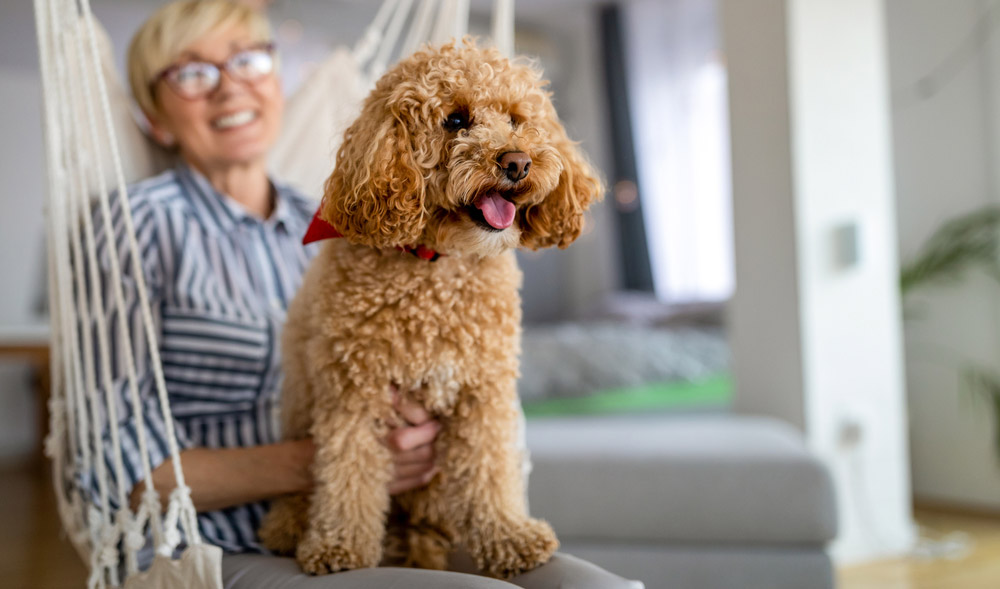
2. Consider a Home Makeover
It might be time to tear up that old carpet youve hated for years. Having a hardwood floor not only lets you see all of the dirt on the ground much easier, but it does not trap all of the dander and debris like carpet does. Granted, this might be costly in some cases. But it is certainly something you can consider if you just cant get over the sneezes.
You can also try to keep your dog out of carpeted rooms, such as bedrooms, to eliminate allergen exposure.
3. Keep Up With Good Housekeeping
Good housekeeping is a cardinal rule when you own any pet. If you suffer from allergies, this practice is even more important. The truth is our dogs are downright dirty sometimes! They are getting into the garbage, digging in the yard, and all sorts of other gross stuff.
Then theyre lying all over your belongings. Youre bound to get some cross-contamination. If you suffer from allergies, youre going to want to wipe up every trace of your dog. Make sure that you are regularly washing linens, cleaning up fabrics, and sweeping furniture to remove these irritants.
You may also want to consider using HEPA air filters and air purifiers. These types of filters can help filter some of that dander out of the air so that you arent breathing it in.
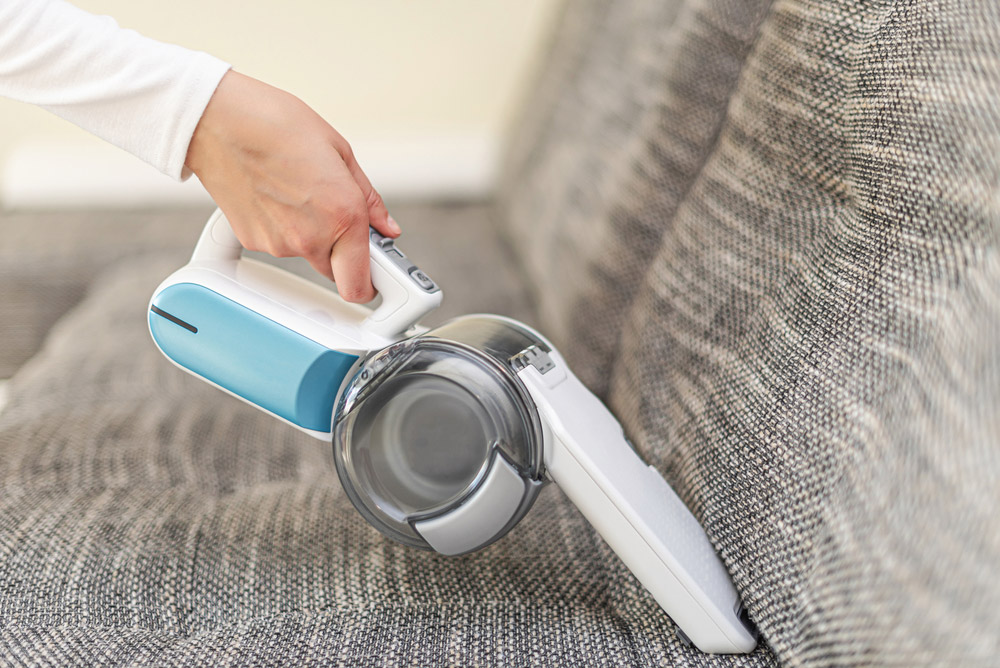
4. Practice Routine Grooming & Bathing
Brushing is a must, no matter the breed! Even if you have a very short-haired dog, its always a good idea to get them acclimated to brushing early in life. Unless you have a hairless dog that doesnt shed, brushing is a practice every dog owner should take up early on in the relationship.
Some dogs will actually enjoy it very much! The same goes for bathing, as getting your dog used to baths from an early age will make life much easier and is an excellent way of collecting all of the dead hair and dander that would otherwise fall onto your furniture, fabrics, and floors. A key part of grooming is to keep in mind that, whenever possible, a non-allergy sufferer should do it. If this is not possible, you should use a disposable mask to avoid worsening your allergy symptoms.
For brushing, you can have several tools on hand to help, but the most useful depends on the coat type that your dog has. You can always consult your veterinarian or dog groomer if you are not sure which type of brush is best. For example, if your dog has a short coat, a bristle brush might work beautifully. However, if you have a dog that has a little bit of depth to their fur, you will want to use a slicker brush daily.
For heavy-shedding breeds, and the change of seasons, you can also use deshedding tools. These tools get to the skin, thoroughly removing any unwanted stray hairs and debris in the coat.
5. Give Non-Allergy Sufferers More Responsibility
Do you live with other people? Maybe you can negotiate the terms. If you have someone who doesnt suffer from allergies in your home, you could always ask if they could take responsibility for some of the house cleaning and dog grooming.
If this is a spouse, they might already try to help out. But if its a roommate, you might want to sweeten the deal by helping out around the house in other ways.
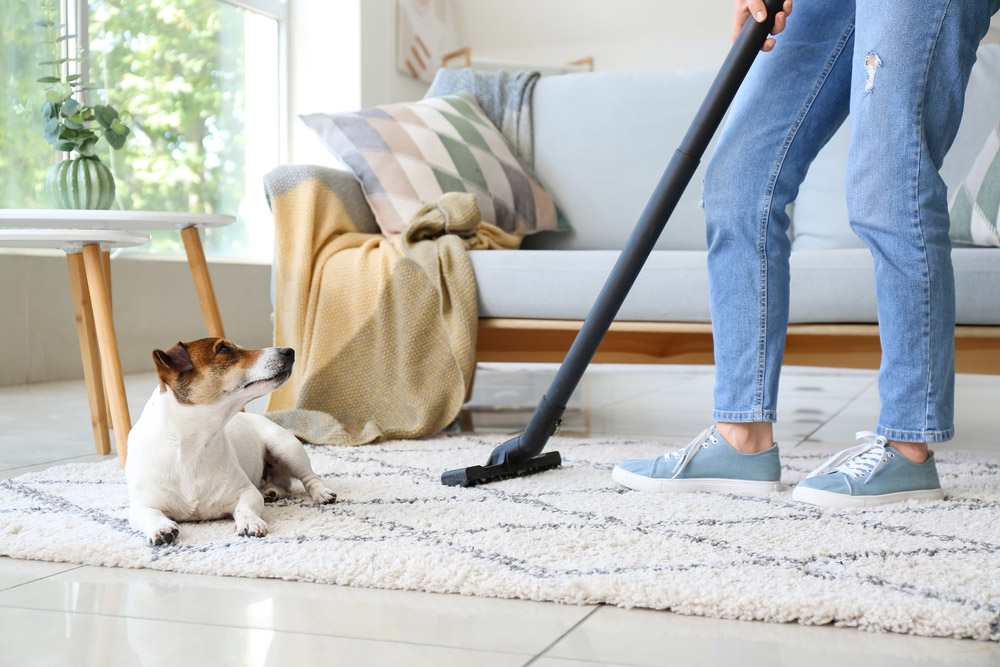
6. Keep Bedrooms Private
Theres nothing like a good snuggle from our adorable pups! However, your bedroom isnt always the place to do that. You are laying your face directly on your fabric, where your dog is laying, and getting dander, fur, and all sorts of other irritants all over the place.
Even if they dont directly sleep in your bed, sharing such an enclosed space in general can trigger unwanted symptoms. As mean as it sounds, you might have to eliminate access to keep your sanity and save your sneezes.
7. Train Your Dog Correctly
Dogs are highly trainable creatures that thrive when learning new tasks. You could easily teach virtually any dog to stay off of furniture, or to steer clear of certain rooms to have an allergy free zone in your home.
Then, they really dont have a choice and you can still allow them some free space themselves. At first, restricting the home might feel like a punishment, but ultimately, it is going to enhance the relationship you have with your pooch.
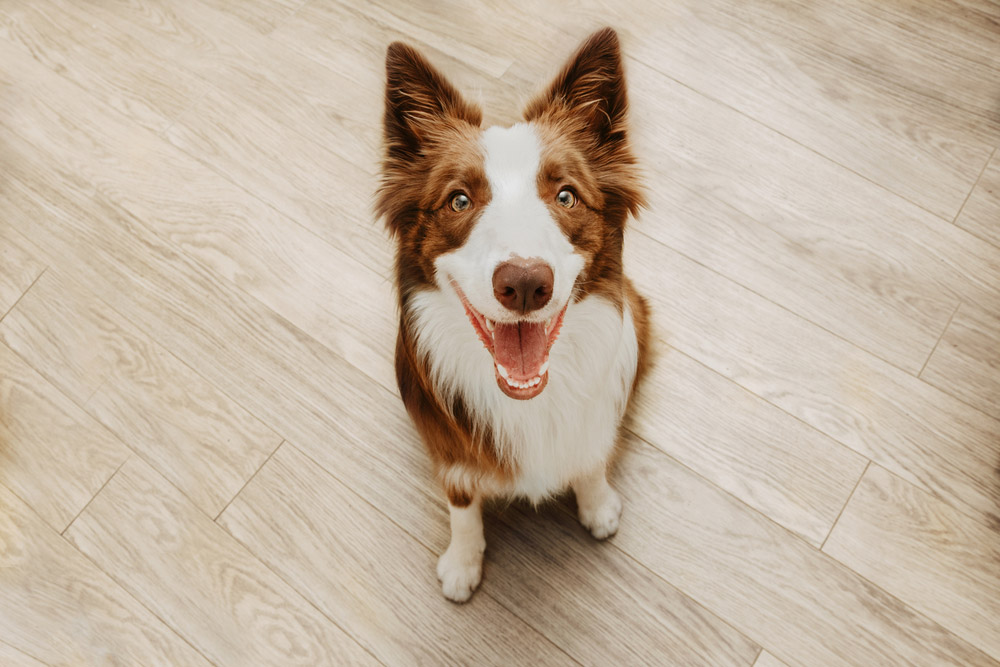
8. Talk With Your Doctor
If you have allergies to a dog but you really want to try keeping one as a pet, its vital that you speak to your doctor about what your options are. They can let you know how severe your allergies are and if you are allergic to more things. Your doctor can create a treatment plan tailored for you, prescribe medications, give you allergy shots, as well as suggest other ways you can reduce dog allergens in your home.

Conclusion
Your health is the most important thing. Hopefully, weve given you some tips you can implement to make it easier for you and your pet to live together. It is important to know that, unfortunately, not everyone is able to do it, but you can give it a try with the guidance of your doctor. On top of taking the medication provided by a doctor if needed, you can try a few of these ideas out! We certainly hope you benefit from these tips!
Featured Image Credit: Mladen Mitrinovic, Shutterstock

